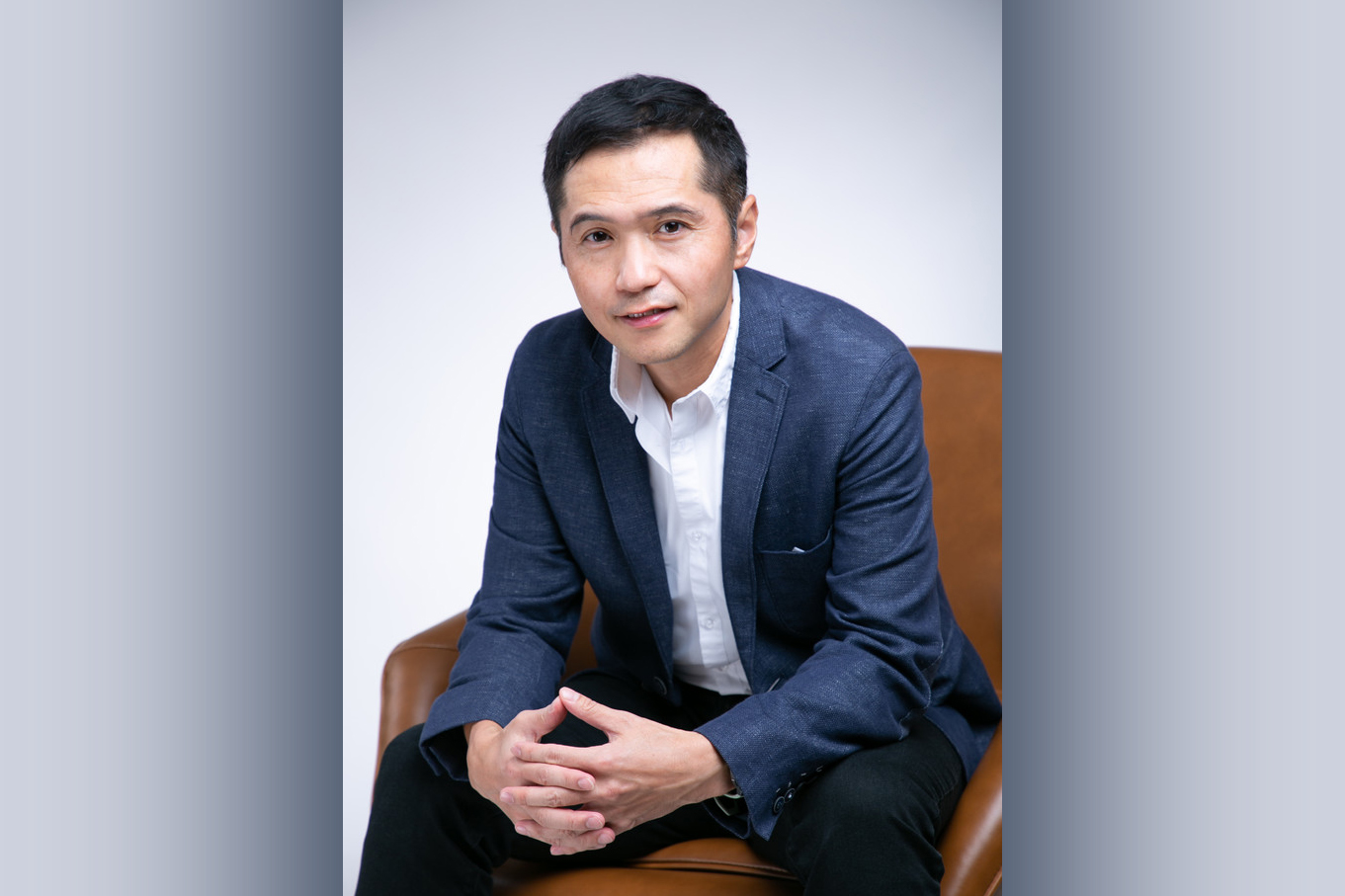Discover HKBU
Are Millennial employees more entitled?
26 Jan 2023
Generation gaps exist everywhere and the workplace is no exception. Dissimilar perspectives, attitudes and values among colleagues of different age groups can pose problems for teamwork and even lead to conflicts that hinder organisational cohesion and performance. In today’s business world, the "Millennials" (generally defined as people born after 1979) constitute the majority of the workforce, yet they are often labelled with negative stereotypes. How to cultivate better harmony and collaboration between them and the more senior generations is something that the management in all organisations should address. At HKBU School of Business, Professor Huang Xu is now investigating into the stereotypes and perceptions held against the Millennials by drawing on knowledge in not only Management Science but also Psychological Science.
Professor Huang is the Associate Dean (Research & Impact) of the School of Business and Chair Professor of the Department of Management, Marketing and Information Systems (MMIS). Inspired by conversations he previously had with the School's contacts in different industries and his own MBA students in Hong Kong and the Greater Bay Area, many of whom are practising managers and employers, Professor Huang came up with a research project titled "Why do managers view Millennial employees as more entitled? Power, managers' entitlement, and destructive leadership behaviour toward Millennial employees."
Generational conflict in the workplace
"One of the questions that I got asked most frequently pertains to the problem of how to handle the 'Millennials' and why they are so difficult to manage at work," says Professor Huang. He noticed a prevalent impression that the Millennials tend to have a higher level of psychological entitlement. "There are often complaints against them, claiming that they are self-centred and self-absorbed people who see themselves favourably and always feel deserving of more rewards."
In the lack of sufficient evidence and literature to determine how true the impression is or why it was formed in the first place, Professor Huang decided to launch a scientific enquiry to answer what he describes as a "perennial question" for managers and employers. However, rather than focusing on the values and attitudes of the Millennials themselves, he turns to the managers and employers for clues. "There should be a study on these two groups in order to complete the picture, and to do so, we need to make sure the design is robust enough to produce results of scientific value."
As part of the research, which was supported by the General Research Fund, a questionnaire was distributed to over 1,000 managers worldwide in different industries — the majority of them are senior or middle managers. The respondents were asked to evaluate and rate their subordinates. Up to 1,800 ratings were eventually returned. Another 230 managers from mainland China also took part in the survey.
Blending management and psychological perspectives
When Professor Huang analysed the wordings and ratings in the submitted questionnaires using a matrix of analytical tools, some interesting patterns and evidence began to surface. "I would argue that the tension between managers and the Millennials is in fact partially, if not entirely, due to the managers' own sense of entitlement as holders of higher power," he points out. Citing Sigmund Freud’s Projection Theory, he contends that many managers tend to project their internal sense of entitlement selectively onto Millennial employees. "The perception of themselves being superior creates an illusional impression and leads to negative evaluation of their subordinates — people whom they consider vulnerable and easy targets. This also prompts managers to even exhibit authoritarian leadership, mistreat people around them, and underestimate others' performance. The more powerful people are, the more self-centred and inward looking they tend to be. It is a kind of perception bias."
The research has now been completed and its detailed results will be ready for publication. It is hoped that the results can be, as Professor Huang puts it, a "wake-up call" that encourages managers to reflect on themselves when dealing with younger colleagues. "Managers should learn self-control when it comes to exercising power, so as to improve relations and efficiency of management in the workplace," he suggested.


